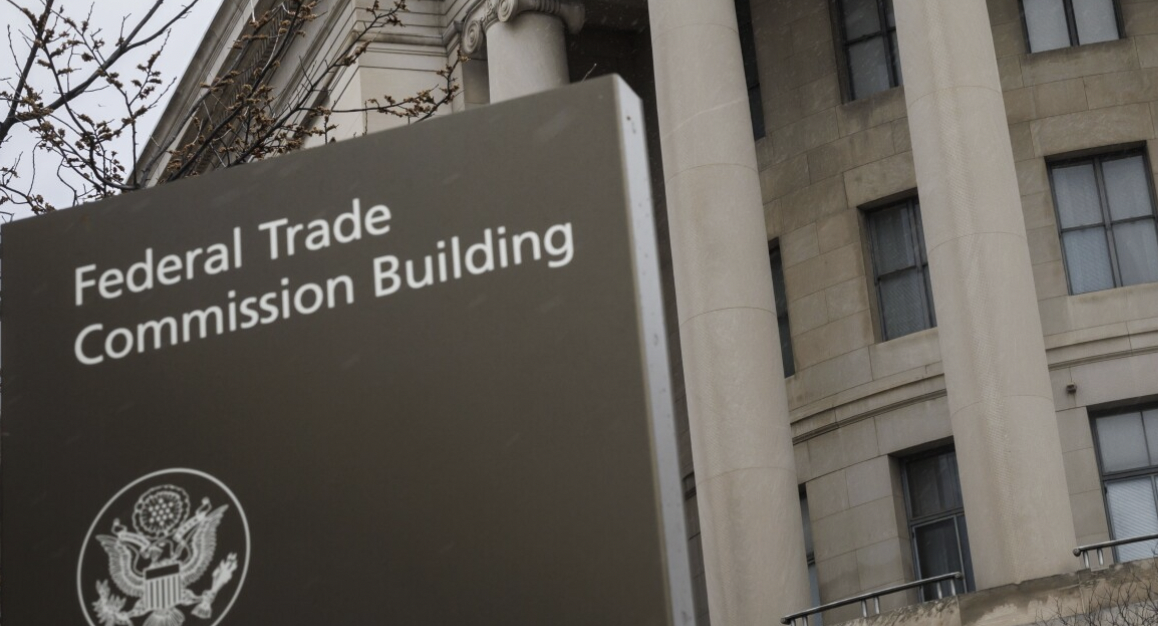-
Attention, Art Professionals: Federal Agency Announces New Rule Aimed At Eliminating Non-Compete Agreements
05/10/2024
 In a move that may cause ripples in the competitive art world, the Federal Trade Commission recently issued a final rule that, if it goes into effect as planned later this year, will ban most forms of non-compete agreements between employers and employees.
In a move that may cause ripples in the competitive art world, the Federal Trade Commission recently issued a final rule that, if it goes into effect as planned later this year, will ban most forms of non-compete agreements between employers and employees.
Non-competes are conditions of employment (whether in the form of a contract or a policy, written or oral) that prohibit a worker from seeking a similar job after they leave their current employment. For example, a non-compete might provide that a worker cannot leave his or her job and go to work for a competitor of the employer, or start his or her own competing business, for a specified amount of time or in a specified geographic market. Non-competes have become commonplace in many industries, and while they can sometimes be challenged in court and ruled unenforceable if they are too restrictive, such litigation can be costly and complex.
The FTC began a rule-making process in early 2023, expressing concern that non-competes, among other things, have been suppressing wages and hampering entrepreneurship. After evaluating thousands of public comments on non-competes, the agency has now issued its new final rule, which would render most non-competes unenforceable after the rule’s effective date—currently scheduled to be September 4, 2024. Art businesses that have used non-competes with their employees should be aware that, assuming the rule goes into effect on that date:
(1) Certain existing non-competes for senior executives can remain in force, but employers cannot enter new non-competes, even for senior executives. The rule defines senior executives as those earning more than $151,164 who are in “policy-making positions” within a company.
(2) For workers other than senior executives who are currently subject to an existing non-compete, employers will be required to provide notice to those workers that the employer will not be enforcing any non-compete against them going forward.
(3) Art dealers, galleries, and other art businesses can still protect their sensitive and proprietary information through other means, including trade-secret laws and strategic use of non-disclosure agreements (as long as the non-disclosure provisions are not so broad as to effectively operate as a non-compete).
(4) There is also a narrow exception permitting non-competes in the context of the sale of a business; for example, a buyer of a business can ask for a non-compete from someone who is selling their ownership interest in the business.
It is important to note that the rule is being challenged in court by multiple plaintiffs. Just this week, one of those cases was stayed, while the other will proceed. This pending litigation may delay or derail the effective date of the rule. But in the meantime, employers in the art business should evaluate their current use of non-compete agreements and other methods of protecting their sensitive business information, and seek legal advice about how their practices might be adjusted in light of the unfolding legal developments at the FTC.
Art Law Blog
